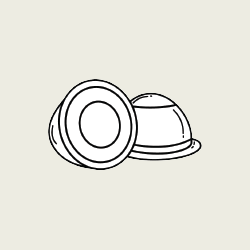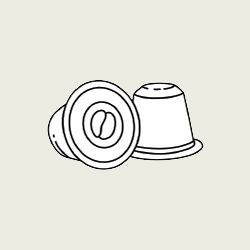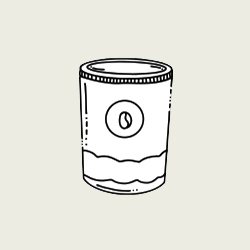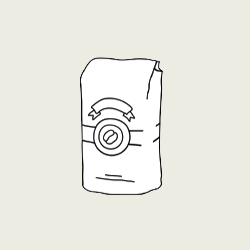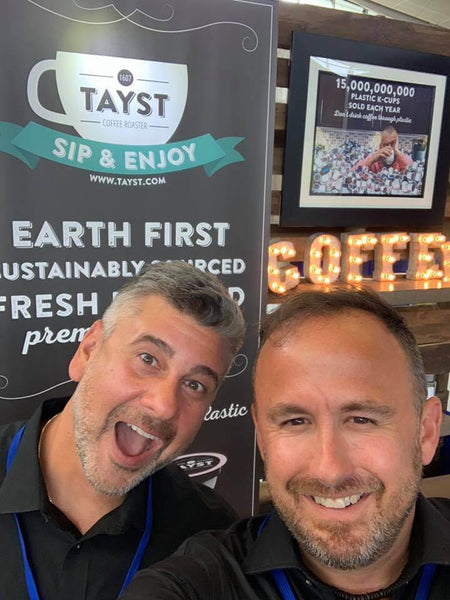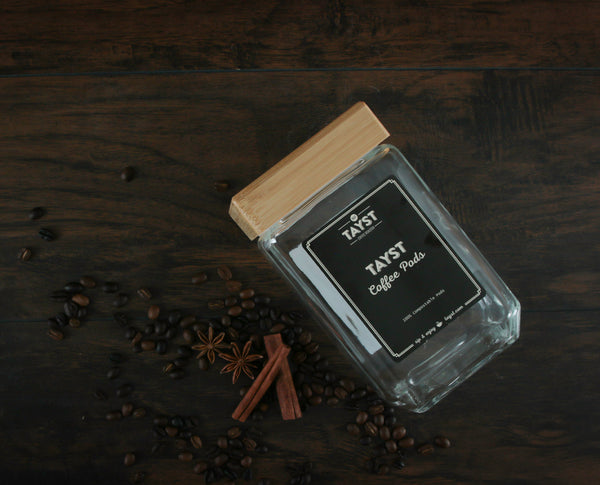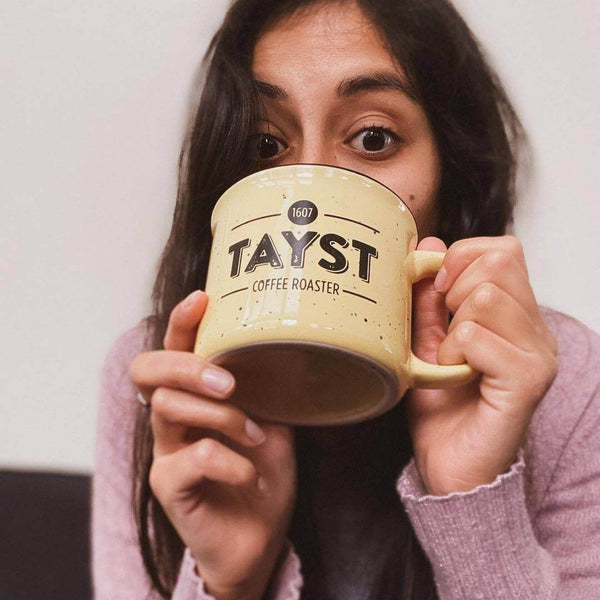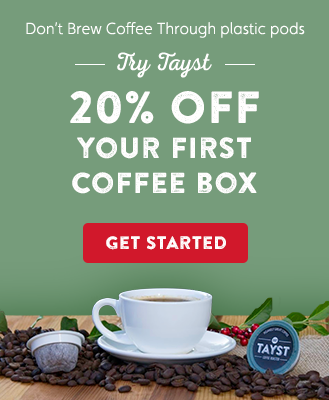
Over the past several years, more and more local and national governments have implemented bans on single-use plastic products.
What are single-use plastic products?
Single-use plastic products fit into many categories. There are the plastic bags you may find at your local grocery store, plastic cutlery, plastic bread bags, plastic bottles, plastic packaging materials, and even Styrofoam takeout containers.
We are absolutely surrounded by single-use plastic waste. It occupies a large portion of our landfills, gets into our oceans, and now even into our bodies. Recently we’ve found evidence of microplastics in human and animal biology. We don’t fully know the negative impacts of this yet.
One of the most common forms of single-use plastic waste is coffee pods. This includes big-name brands like Keurig and Nespresso. A study from 2021 showed that approximately 30,000 plastic coffee pods end up in landfills every month. That’s over 350,000 a year, on top of the millions already existing in those landfills.
Contact us today to get started on your eco-friendly coffee journey. You don’t want to wait until your local area bans single-use plastic.
Why are microplastics a bad thing?
There are several reasons why microplastics being found in the human body is concerning news. Unfortunately, we don't even know all of the impacts this will have yet.
But, if ingested, microplastics have the potential to block the gastrointestinal tracts of organisms, leading to starvation.
Many toxic chemicals go into the manufacturing process of plastic and when broken down, will leech into your body's bloodstream.
The Smithsonian addresses this news and reports on a study involving 22 participants. They found that 17 out of 22 participants, or 77%, had plastic found in their blood.
"Where is it going in your body?” Vethaak says to the AFP. “Can it be eliminated? Excreted? Or is it retained in certain organs, accumulating maybe, or is it even able to pass the blood-brain barrier?"

Where are single-use plastic bans occurring?
Here’s a list of just some of the recent areas instituting bans on single-use plastic:
Within the US, many states have begun bans of this nature. California, New Jersey, and South Carolina to start.
The Biden Administration announced that there will soon be a ban on single-use plastic products in National Parks.
The number of communities and states deciding to ban single-use plastic is growing every single day and only accelerating.
Make Sure You’re Not Behind
Especially as a business or hotel, the best thing that you can do at this time is make the switch to a sustainable coffee company. Tayst offers a number of preferred coffee products such as Keurig compatible pods, Nespresso compatible capsules, and of course whole coffee beans and ground coffee.
If you don’t make this switch, you may find yourself with unusable stock and losing money. Not to mention the fact that you, your employees, or your guests may have a delay while you restock a more sustainable coffee option.
We roast weekly to ensure maximum freshness and quality. The blends themselves are absolutely delicious, as many of our customers have stated. You can drink great coffee while doing good for the planet.

What sets Tayst apart?
Not only do we have a completely compostable* line of pods and capsules, but our packaging is also made with cellulose, to ensure compostability. We only use natural materials. Our pods are even made with valuable nutrients so when you compost them, they give those vitamins and minerals back to the ground.
We pride ourselves on our customer experience. We have several easy-to-access avenues for everything from questions to adjusting your order. We even offer subscriptions that will save you money and reduce stress around running out of coffee - especially if you’re a business owner.
If we’re recognizing the harm single-use plastics bring to our environment and bodies on a governmental scale, how can we still be drinking our coffee through plastic?
Contact us today to get started on your eco-friendly coffee journey. Email: concierge@tayst.com. You don’t want to wait until your local area bans single-use plastic.
